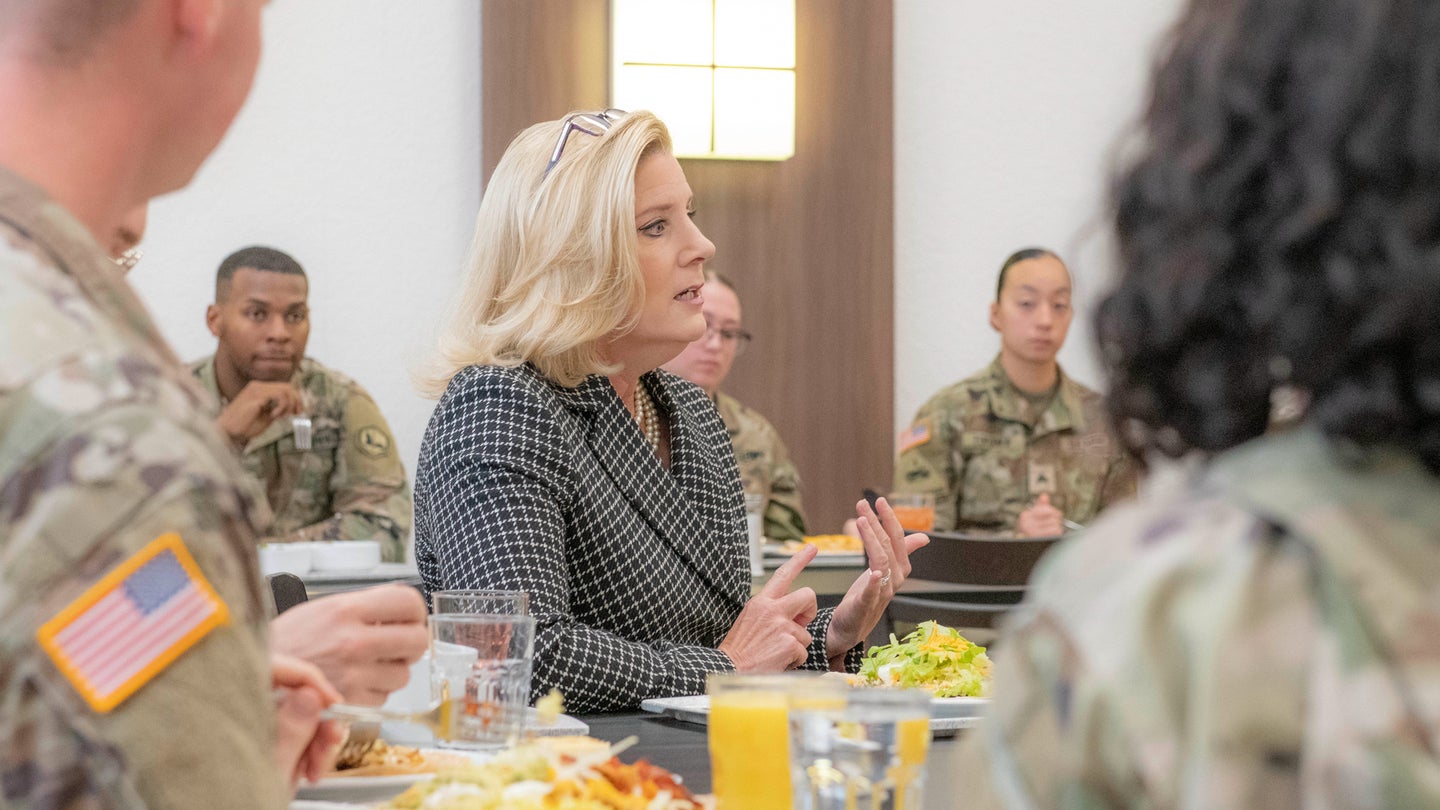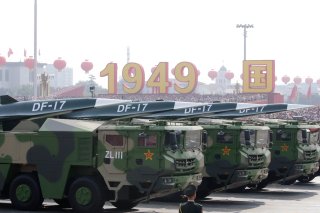Samantha F. Ravich and RADM (Ret.) Mark Montgomery
Introduction
In 2018, the Foundation for Defense of Democracies (FDD) published a series of monographs analyzing cyber-enabled economic warfare (CEEW) as practiced by Russia, China, North Korea, and Iran. The four studies brought together for the first time an assessment of each adversary’s CEEW attacks on America’s economic infrastructure. At the time, the term CEEW was only beginning to seep into the consciousness of the U.S. national security community. The White House had used the term in its 2017 National Security Strategy, noting how adversaries are using technology to “weaken our businesses and our economy.”1 But the connection between such malicious activities and the overall strategies of America’s four principal adversaries remained unclear.
The risks associated with CEEW are now clearer, thanks less to the rigorous analysis of adversarial intentions than to the increased scale, scope, and frequency of attacks across the American economic landscape. Still, the federal government has a blind spot that leaves the United States vulnerable to a catastrophic strategic surprise — one that could simultaneously destabilize the U.S. electrical grid, water supply, banking system, transportation sector, or other critical infrastructure necessary for survival. That blind spot is intelligence that anticipates the adversary’s strategy. For too long, the United States has tried to patch its way to safety with the enemy inside its networks.
Roberta Wohlstetter’s 1962 book Pearl Harbor: Warning and Decision warns of the perils of missing “a particular enemy move or intention” amidst a vast amount of intelligence.2 The book has remained relevant over the decades as the United States successfully avoided a thermonuclear surprise attack by the Soviets, on the one hand, but failed to anticipate jet planes flying into skyscrapers, on the other. Wohlstetter informed generations of Cold War and counterterrorism intelligence analysts that signals not only must be gathered and illuminated to inform policymakers but must also be broken down and dissected to help guide future intelligence collection. Only then can the United States decipher the enemy’s decision-making structures and gain insight into the adversary’s larger strategic plan.
:quality(70)/cloudfront-us-east-1.images.arcpublishing.com/archetype/NPK62TT34RBRXNXYMIHV77RH4A.jpg)
:quality(70)/cloudfront-us-east-1.images.arcpublishing.com/archetype/ZTSG3YULHFAQXH5FP37ZQLSETM.jpg)

:quality(70)/cloudfront-us-east-1.images.arcpublishing.com/archetype/XZ2VWMJI4RAF3APGIQE3HF54TQ.jpg)








